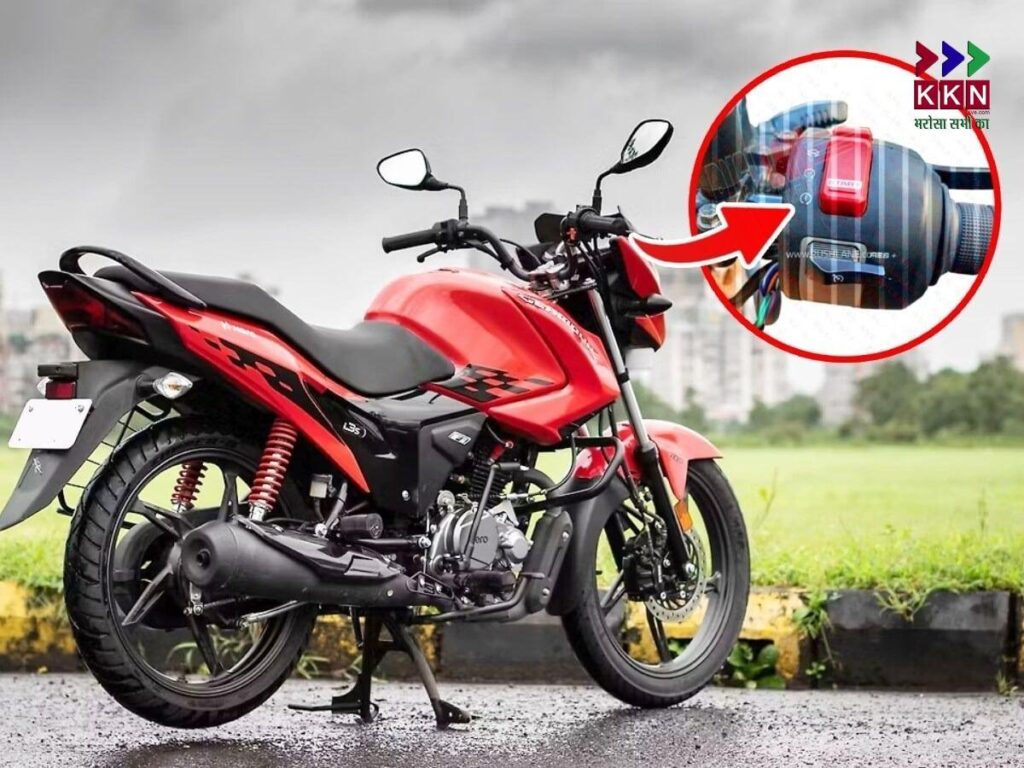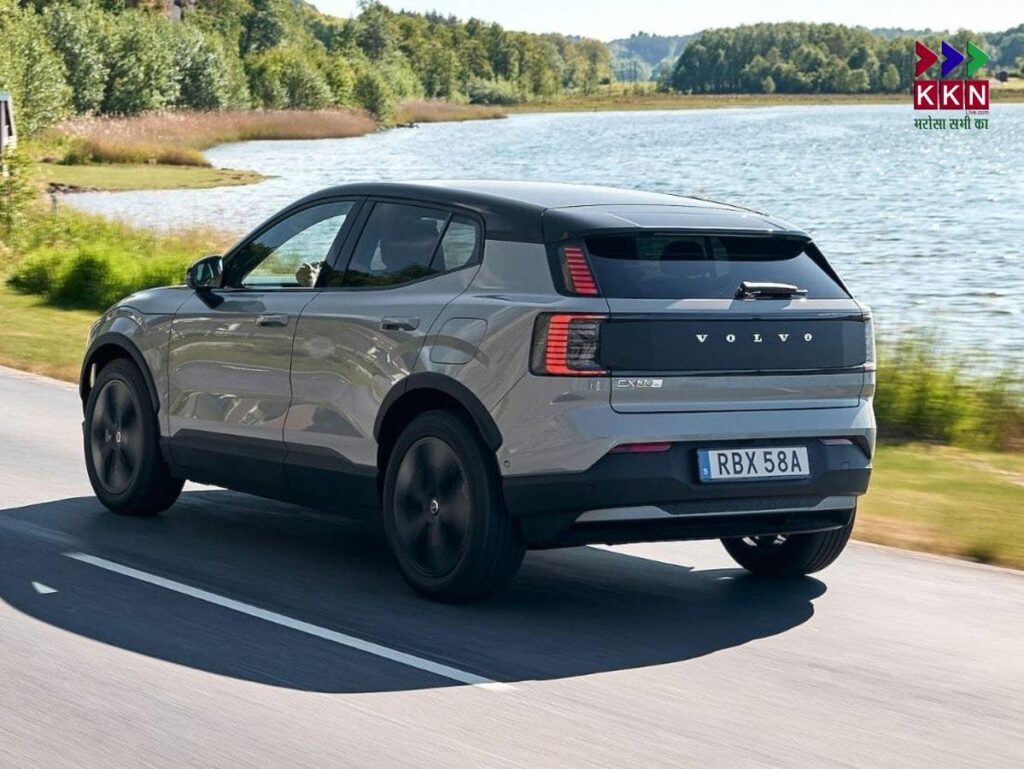
The Indian government, along with several state governments, has been making significant efforts to promote electric vehicles (EVs) by offering subsidies. One such state, Haryana, is now joining the list of states providing substantial benefits for electric vehicle buyers. The new initiative is set to revolutionize the way people perceive electric cars, especially for those residing in urban and suburban areas.
Haryana’s Move to Make Electric Vehicles More Affordable
The Haryana government has announced that it will extend subsidies to electric vehicles priced below ₹40 lakh. Until now, only high-end electric vehicles, which cost above ₹40 lakh, were eligible for subsidies. This decision has raised hopes among many citizens, especially those in cities and towns, as it provides them with the opportunity to purchase electric cars at more affordable prices.
The new subsidy scheme is expected to provide significant savings to potential buyers of electric vehicles. By offering subsidies on more affordable electric cars, the state aims to encourage widespread adoption of EVs. This is a critical step in Haryana’s commitment to promoting clean and green transportation options, aligning with India’s broader environmental goals.
The Government’s Decision to Revise the Subsidy Rules
According to media reports, Rao Narbir Singh, the Minister of Industry and Commerce in Haryana, held a meeting where he instructed officials to amend the current rules to ensure that more people benefit from the electric vehicle subsidy scheme. The revised rules will include subsidies for electric vehicles priced below ₹40 lakh. Previously, the subsidies were exclusively available for high-end vehicles, which limited the accessibility of electric cars for many individuals.
While the exact date for the implementation of the new subsidy scheme is yet to be announced, it is expected that it will soon be rolled out. The changes in the subsidy structure are aimed at benefiting a larger segment of the population, especially those who were previously unable to afford electric cars due to high prices.
The Impact on Electric Vehicle Sales
The introduction of subsidies for lower-priced electric cars is expected to boost sales in the electric vehicle market. As electric cars become more affordable, more people are likely to consider switching to electric mobility options, especially in urban areas where air pollution is a significant concern.
The government’s effort to make EVs more accessible aligns with the growing demand for eco-friendly alternatives to traditional gasoline-powered vehicles. In fact, there has been a notable increase in the number of electric vehicle registrations in India. Between April and June 2025, over 530,000 electric vehicles were registered, a 34% increase compared to the same period last year. This reflects the growing interest in electric vehicles, as more consumers are recognizing their long-term benefits, such as reduced carbon footprints and lower operating costs.
The Importance of Affordable Electric Vehicles
One of the key aspects of the new subsidy plan is its focus on making electric vehicles more accessible for daily transportation. Vehicles like electric scooters and three-wheelers, which are essential for short-distance travel and commuting, will likely see more focus under the new policy. These vehicles are used extensively for daily commutes and are generally more affordable than electric cars.
The government’s focus on electric two-wheelers and three-wheelers is a strategic move, as these vehicles are integral to the transportation needs of many individuals, particularly in crowded cities and towns. The affordability of electric scooters and three-wheelers is a crucial factor, as they cater to the needs of a larger section of the population compared to expensive electric cars.
In contrast, high-end electric cars remain out of reach for many, as their prices are considerably higher than what the average consumer can afford. By addressing the needs of daily commuters, the government is ensuring that electric vehicles become a viable option for more people, regardless of their income level.
Electric Vehicle Policy in Haryana
Haryana’s Electric Vehicle Policy of 2022 initially offered a 15% subsidy (up to ₹6 lakh) on electric vehicles priced between ₹15 lakh and ₹40 lakh. This policy expired on March 31, 2024, and left lower-priced electric vehicle models without any subsidies. However, with the new policy in the works, it appears that the government is set to revive and modify the subsidy scheme to include more affordable electric transport options.
The updated policy is expected to provide more support to vehicles that cater to everyday commuters, such as electric scooters, electric bikes, and three-wheelers. These vehicles are more widely used for short-distance travel, making them an essential part of the transportation system in urban areas. The focus on these vehicles is a clear indication that the government wants to make electric mobility accessible to a larger population.
Benefits of Electric Vehicles
Electric vehicles offer numerous advantages, particularly in terms of reducing pollution and promoting sustainability. They are a cleaner alternative to traditional vehicles powered by fossil fuels, which contribute to air pollution and climate change. By promoting the adoption of electric vehicles, the government aims to reduce greenhouse gas emissions, improve air quality, and reduce dependence on fossil fuels.
In addition to environmental benefits, electric vehicles also offer significant financial savings in the long run. Electric cars have lower maintenance costs compared to their gasoline counterparts, and they are cheaper to operate since electricity is less expensive than fuel. Over time, these cost savings can offset the higher initial purchase price of an electric vehicle, making them a smart investment for the future.
The Road Ahead for Electric Vehicles in India
As more states, including Haryana, introduce policies to promote electric vehicles, the future of transportation in India looks promising. The government’s focus on affordability and accessibility is likely to lead to widespread adoption of electric vehicles across the country.
India is at a pivotal moment in its journey toward becoming a leader in sustainable transportation. The success of the electric vehicle industry depends on continued policy support, investments in infrastructure such as charging stations, and increasing consumer awareness of the benefits of EVs.
In conclusion, Haryana’s decision to introduce subsidies for electric vehicles priced below ₹40 lakh is a significant step towards promoting sustainable and affordable transportation options. With the growing interest in electric vehicles and the government’s commitment to making them more accessible, India is well on its way to building a greener future. The new subsidy plan will not only benefit consumers but also contribute to the country’s environmental goals, making electric vehicles a viable choice for a larger segment of the population.
Share this:
- Click to share on WhatsApp (Opens in new window) WhatsApp
- Click to share on Facebook (Opens in new window) Facebook
- Click to share on Threads (Opens in new window) Threads
- Click to share on Reddit (Opens in new window) Reddit
- Click to share on Telegram (Opens in new window) Telegram
- Click to share on X (Opens in new window) X
- Click to share on LinkedIn (Opens in new window) LinkedIn


